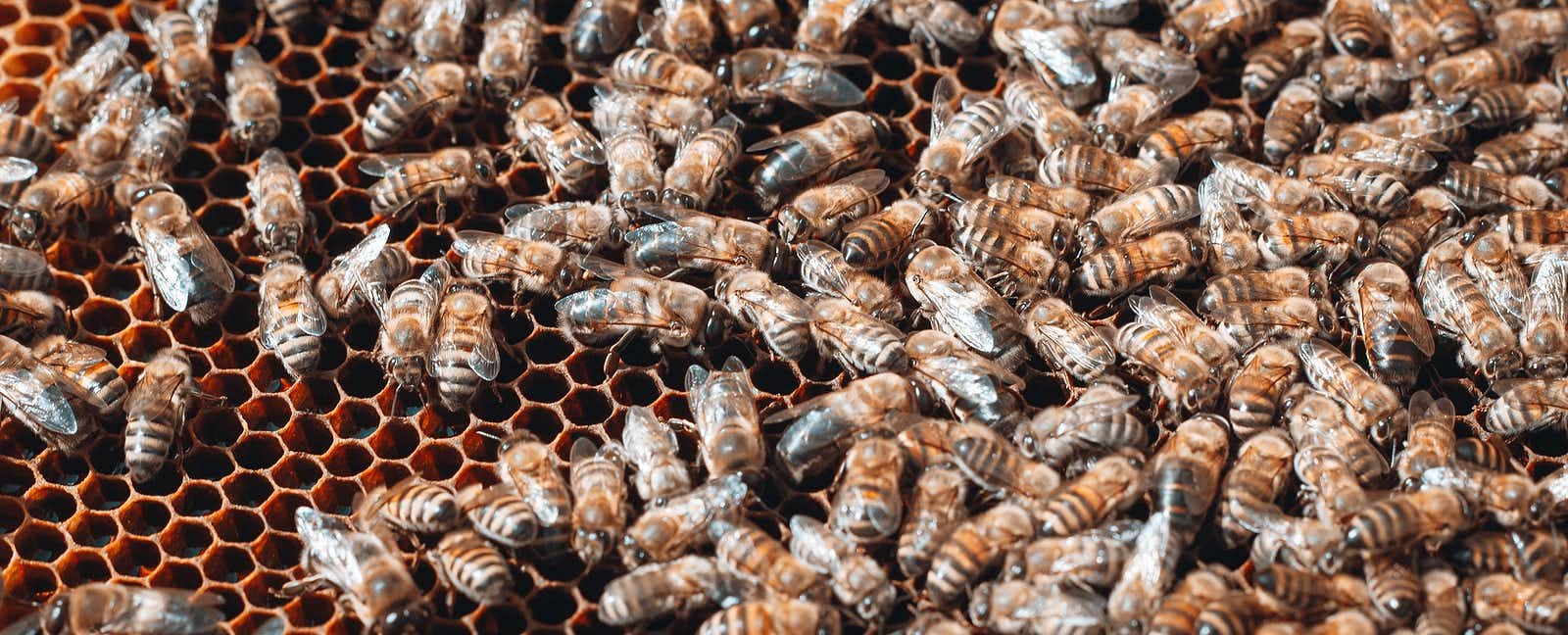
If you were to search online information about propolis, you’d probably encounter a number of products containing it. Why would manufacturers add propolis to their supplements or body care products? Some claim that it improves immunity or increases energy. However, some people find that it causes unpleasant allergy symptoms.
Propolis Allergy Is Hard to Control:
Q. Last year I was diagnosed as allergic to propolis. The allergist’s PA defined it as an allergy to beeswax. But from the reading I’ve done on my own, it appears propolis is much more specific than beeswax — and pervasive.
While I eliminated lip products with beeswax, I still have reactions to seemingly unrelated items such as cinnamon. I also believe I react to some types of coffee.
The allergy presents as itchy lips and sometimes face tingling. Yet, I see ads for propolis supplements promoting their benefits.
Can you write more about propolis, please? Does this allergy come with sensitivities to consumer products that rely on bees? I don’t think many people know much about it.
What Is Propolis?
A. We agree that probably most people are unaware of this honeybee product. The bees use it to build their hives; they make it from beeswax and a number of tree resins. Propolis may also contain pollen and essential oils as well as some flavonoids. Moreover, the composition probably varies from place to place, depending on the local flora. Preclinical trials suggest that it may have antioxidant and anti-inflammatory activity (Nutrients, Nov. 8, 2019).
Allergy Symptoms Are Increasing:
Allergies to this hive product used to be quite rare, but they have become increasingly common. You might also have trouble avoiding it. Cosmetics manufacturers sometimes include it in face creams as well as lip balms and wax to remove hair. Toothpaste or mouthwash may occasionally contains it. Sometimes it is added to honey for its health benefits. People allergic to propolis may also react to balsam of Peru, carnauba wax or fragrances.
Most individuals allergic to this product develop localized rashes, hives, itching, burning or scaling of the lips, also called cheilitis. Dermatologists may treat the rash with a topical steroid, but the best advice is to avoid products that may contain this allergen. As you have seen, that can present a challenge.

